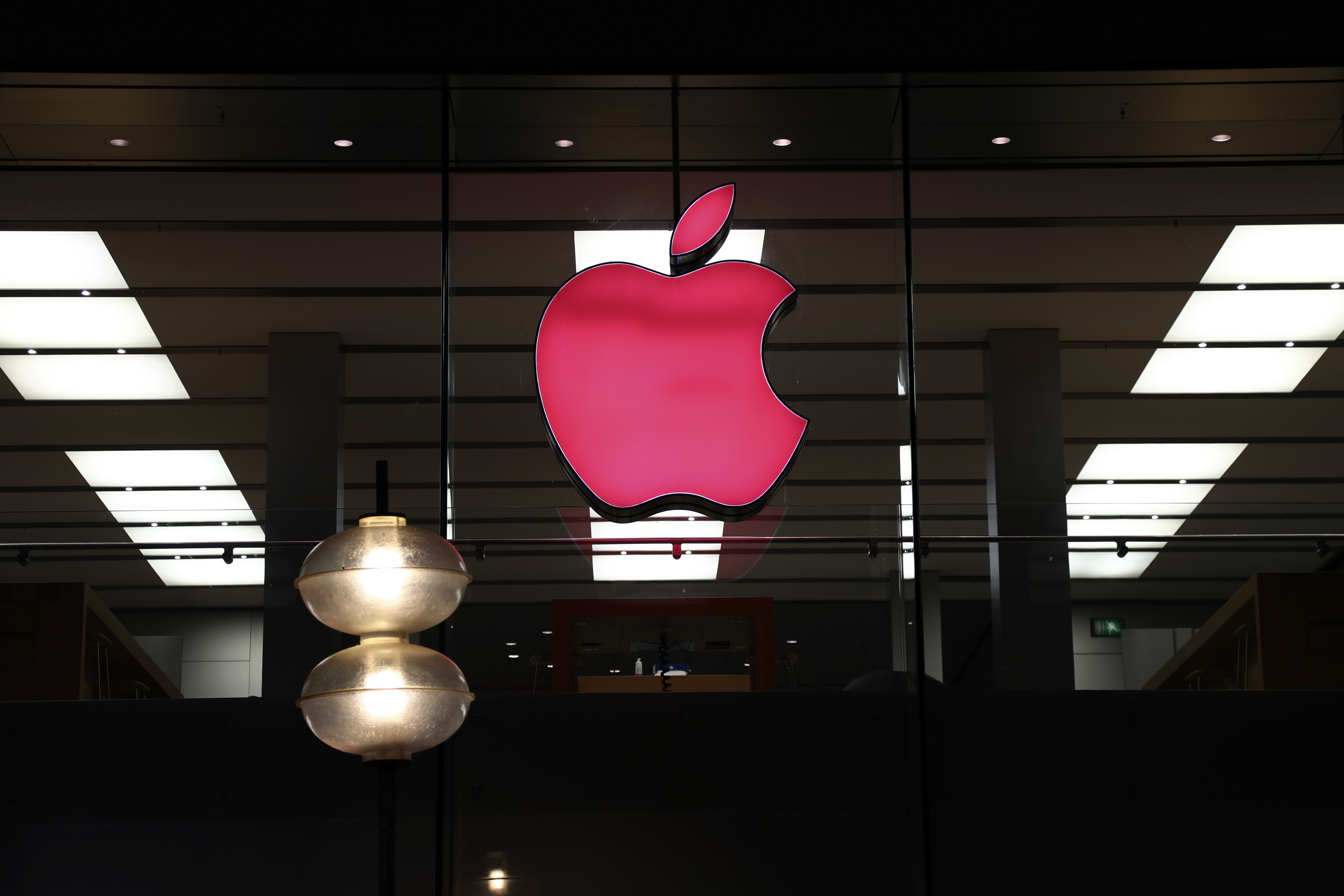Why Iran debate is not like the Iraq debate.
Peter Beinert has a question:
How can it be, less than a decade after the U.S. invaded Iraq, that the Iran debate is breaking down along largely the same lines, and the people who were manifestly, painfully wrong about that war are driving the debate this time as well?
I'll take a stab at this. First, among the people who were "manifestly, painfully wrong" about Iraq are the current U.S. secretary of state and the vice president. Support for the Iraq war was a largely bi-partisan affair at the time it was launched, and so very few people have an incentive to insist on accountability for that advocacy.
The second reason is that there's always a bias toward activism when it comes to the Washington debate. It would be unheard of for President Obama to stand at a podium, shrug his shoulders and tell the American people that the U.S. will not go to war against Iran because the country poses almost no threat to the United States. Instead, he must defend his program of sanctioning and isolating Iran while insisting that "all options are on the table."
Finally, and most importantly, the situations are just very different. To sell the Iraq war, the Bush administration had to engage in a lot of threat inflation and dubious assertions about Iraqi capabilities and intentions. With Iran, that's not (as much) the case. We know they have a nuclear program and whether they divert it to military uses or not, they are significantly further along the path toward a bomb than Iraq ever was. Ditto with terrorism. There is a much stronger link between Iran and Hezbollah than there ever was between Iraq and al-Qaeda (although thanks to the war, al-Qaeda is now ensconced in Iraq).











